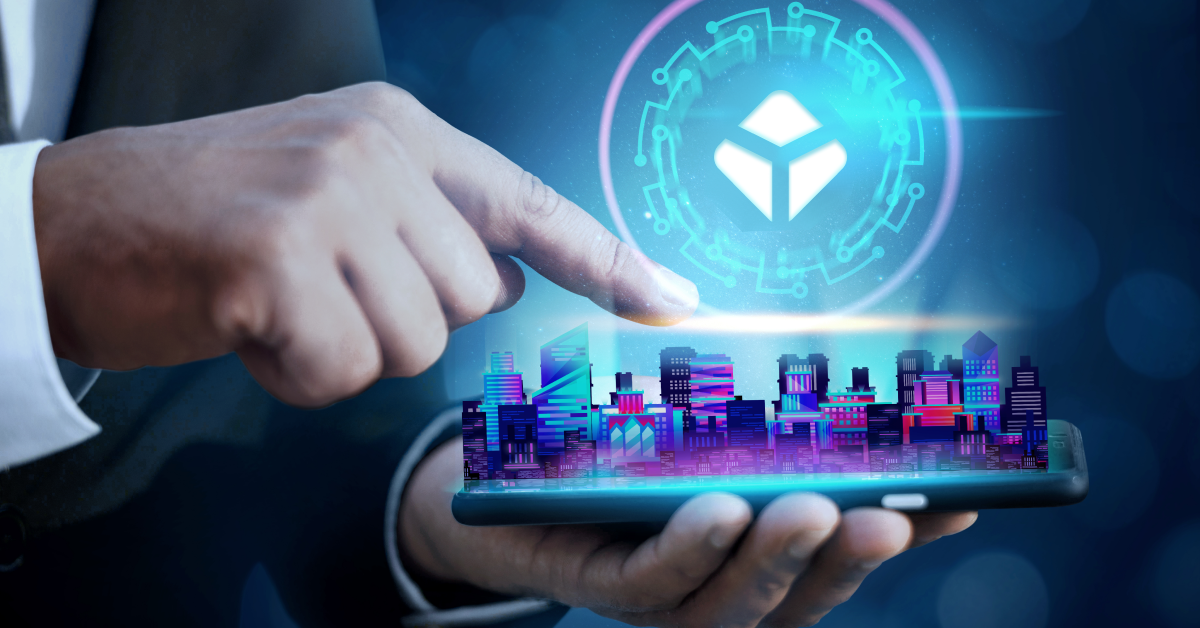The world is emerging with new methodologies to find alternatives to traditional lending systems and P2P lending platforms have democratized the finance scenario. Because of lucrative borrowing and investing options, people are swaying away from conventional monetary systems.
According to Yahoo Finance, the global P2P lending market is poised for significant growth, with a projected market share of USD 621.3 billion by 2032. This represents a compound annual growth rate (CAGR) of 28.1% between the forecast period of 2023 and 2032, signaling a wealth of opportunities for those in the industry.
Whether you’re a business organization or enterprise looking to build a P2P lending platform, we have gathered the most practical tips to keep in mind before and after developing a successful P2P lending platform.
Before discovering the tips for a robust P2P lending platform, it is important to understand how P2P platforms make money.
How Can You Benefit from P2P Lending Platform Development?
A peer-to-peer lending platform is a decentralized common ground for lending and borrowing money. Powered by blockchain, it is not owned by any third-party beneficiary, financial institutions, banks, NBFCs, or credit brokers.
Borrowers and lenders can sign up on a P2P lending platform through KYC/AML verification. A dedicated crypto wallet is assigned to investors and borrowers. Lenders can find their borrower match and gain competitive interest rates.
But how does a P2P lending platform earn money?
Investors and borrowers pay a particular platform fee when making transactions on a P2P lending platform. The platform also charges a fee when someone avails of the platform’s services.
Top Tips to Consider Before P2P Lending Platform Development

Here are the topmost tips to consider right before developing a P2P lending platform:
1. Research About the Market’s Needs
The first step before developing a P2P lending platform is to perform comprehensive market research about what the user wants. It is very critical to analyze the pain points that are prevailing in conventional lending systems and how you can address the pain points of investors and borrowers. You must also understand how you can offer unique values and attractive interest rates to the users.
2. Focus on a User-Friendly Interface
A user-friendly interface can make or break your P2P lending platform’s success. Make sure that you create a design that is intuitive to navigate, offers a simplified transaction process and streamlined workflows, provides an easy loan application process and is transparent about its terms and conditions.
3. Top-Tier Security and Compliance
User security and compliance are pivotal in ensuring the safety and protection of users leveraging the P2P lending platform. You must incorporate regulatory standards into the platform’s software along with legal considerations. This practice will help curate a P2P lending platform with end-to-end security.
4. Broad Spectrum of Lending Products
Your P2P lending platform must offer a diverse range of loans to borrowers and investors. These lending options include business loans, personal loans, student loans, medical loans, etc. Therefore, you will be able to attract a wide variety of users to your P2P lending platform.
5. Implement Credit Scoring and Risk Assessment
Integrating a credit scoring system is important to help lenders estimate the risk involved in lending money to the borrowers. This system can analyze a borrower’s complete lending history—whether he has previously been a defaulter or not—the borrower’s profile and other important data to understand the risk involved.
The P2P lending platform developers can use new-age machine learning functionalities and algorithms to build a foolproof and compelling P2P lending platform for investors and borrowers.
6. Built-In Profile Matching
Automation can ease down various processes such as document verification, loan application review, credit history checks and lender-borrower profile matching. P2P lending developers can define certain criteria that can speed up the lending process and facilitate the mediation of successful loan transactions.
7. Integrated Real-Time Updates
You must create a dedicated platform dashboard that provides real-time updates about the loan application, its status, interest rates, loan repayment notifications to the borrowers, monthly interest gained by the lenders, etc. This transparent communication through a P2P lending platform facilitates real-time updates.
Top Tips to Consider After Developing P2P Lending Platform

Once the P2P lending developers have created the platform, here are some of the top tips to consider for your P2P lending platform:
1. Robust Customer Support
Quick and responsive customer support plays a significant role in determining the success of a P2P lending platform. You must have an effective and easy-to-use customer support system that quickly resolves users’ queries, whether the user has inquiries as a borrower or investor.
2. Efficient Platform Updates
You must ensure that the P2P lending platform is up-to-date with the latest industry standards by frequently pushing out new updates to the platform. Along with regular updates, you must specialize in keeping the app in compliance with the industry’s latest security standards.
3. Smart Default Handling
Your P2P lending platform must also have a smart system for handling the borrower defaults. In case of loan defaults, there must be a robust and efficient dispute system so that the dispute can be resolved easily.
Conclusion
Peer-to-peer lending has revolutionized the lending scenario entirely by eliminating any kind of intrusion from third-party beneficiaries. The rapid growth of the P2P lending market presents a significant opportunity for businesses and enterprises to develop innovative and user-friendly platforms. By focusing on thorough market research, user-friendly interfaces, top-tier security, diverse lending products, and advanced credit scoring, developers can create successful P2P lending platforms.
Post-development, maintaining robust customer support, regular platform updates, and efficient default handling are crucial for long-term success. Embracing these non-negotiable tips ensures the creation of a compelling and secure P2P lending platform that meets the evolving needs of borrowers and investors.
FAQs
1. What is a P2P lending platform?
A P2P lending platform is a decentralized marketplace that connects borrowers and lenders directly, bypassing traditional financial institutions. It is often powered by blockchain technology to ensure security and transparency.
2. How do P2P lending platforms make money?
P2P lending platforms earn money through platform fees charged to both borrowers and lenders for transactions and services provided on the platform.
3. Why is a user-friendly interface important for a P2P lending platform?
A user-friendly interface ensures that users can easily navigate the platform, apply for loans, and complete transactions smoothly, which is crucial for the platform’s success and user satisfaction.
4. What security measures should a P2P lending platform include?
The platform should incorporate regulatory standards, legal considerations, and robust security protocols to protect user data and ensure compliance with industry standards.
5. How can a P2P lending platform handle borrower defaults?
A smart default handling system should be in place, including an efficient dispute resolution process to manage loan defaults and ensure smooth resolution of any issues that arise.

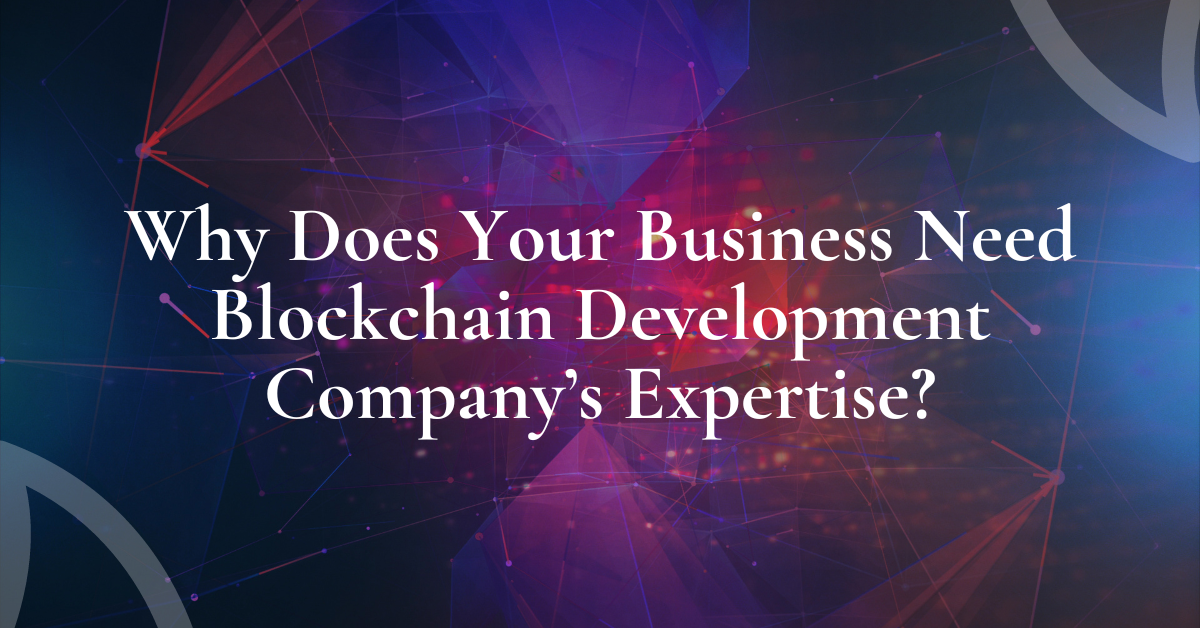
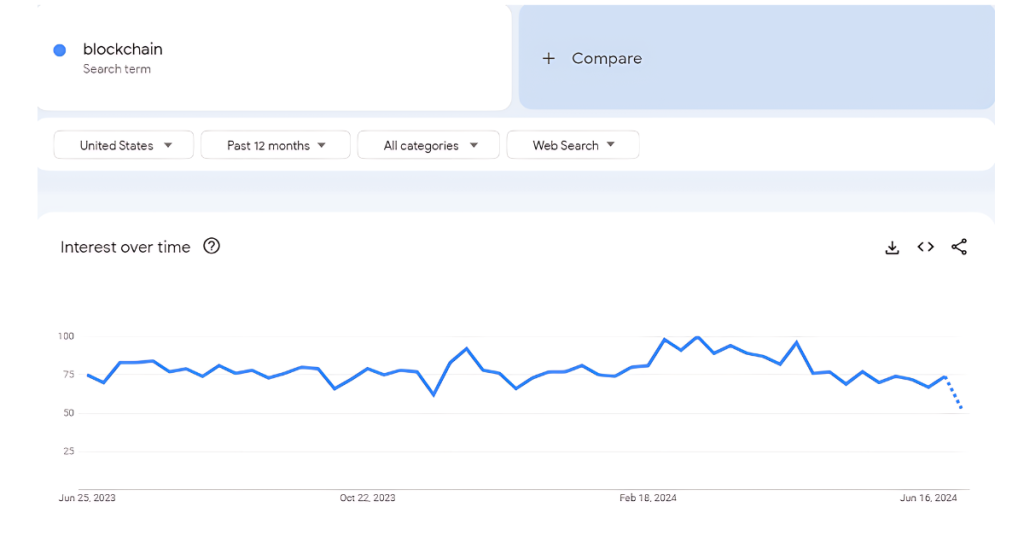
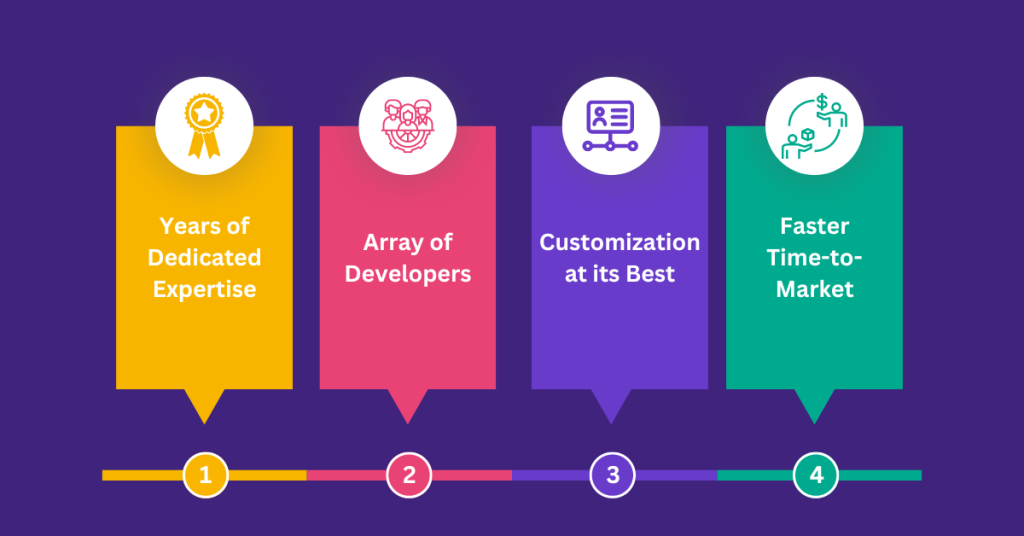



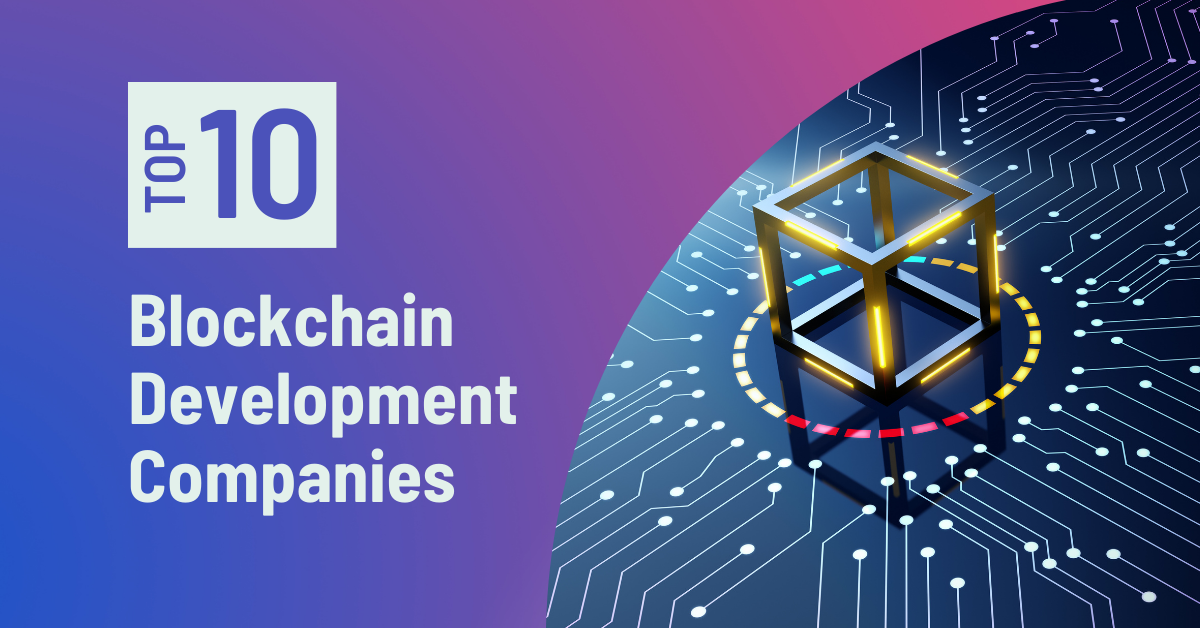
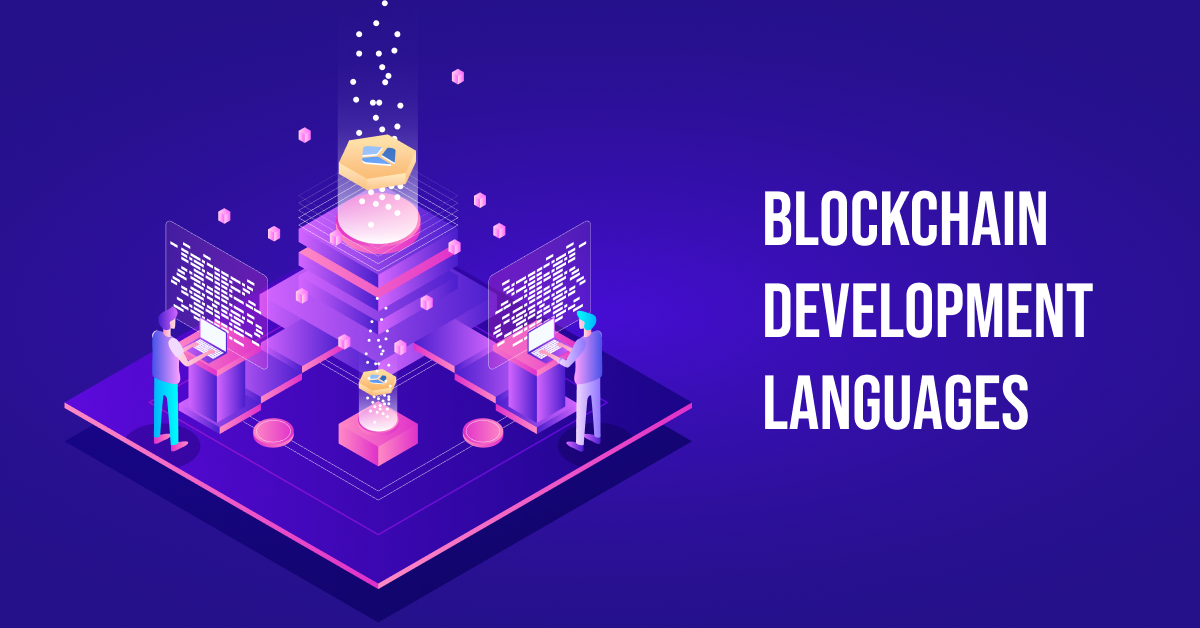
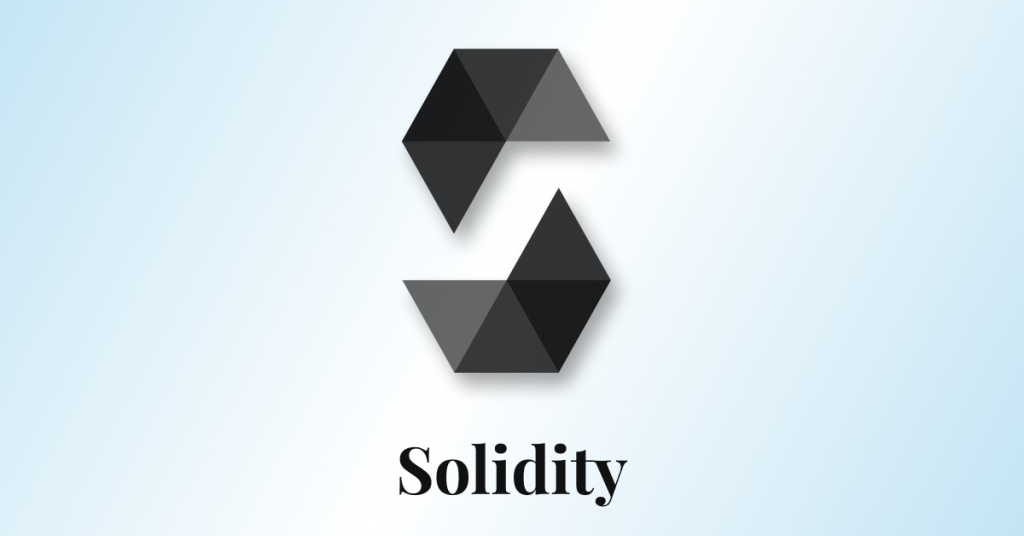
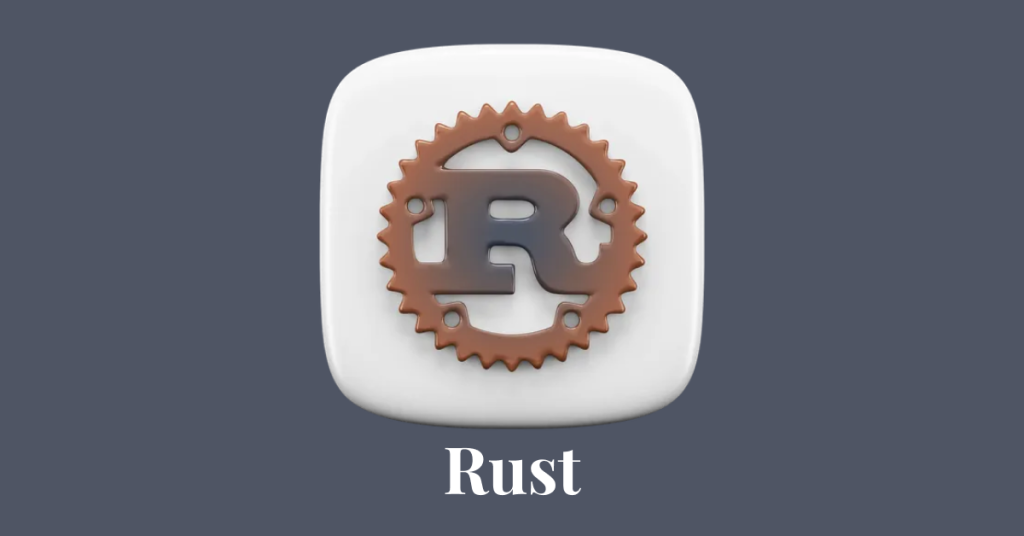
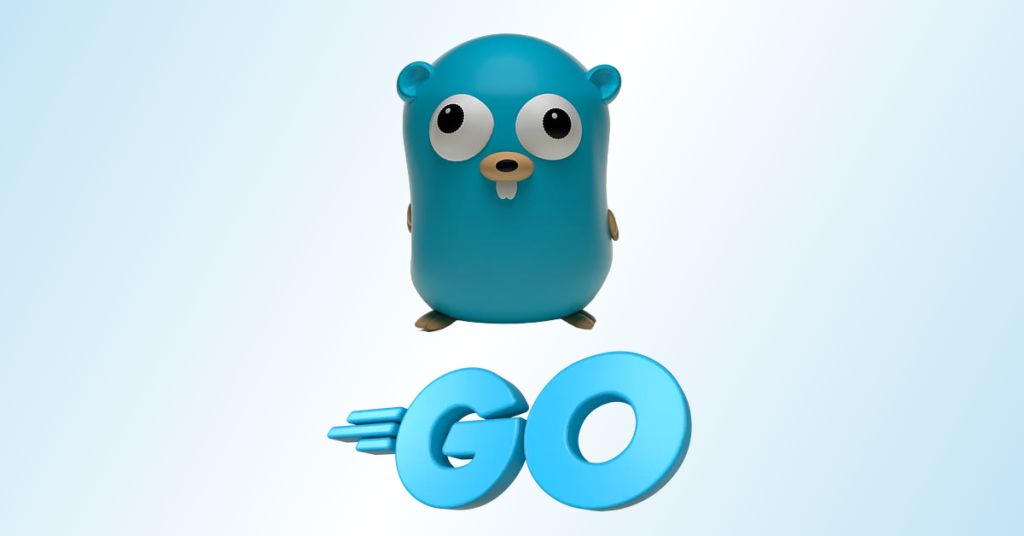
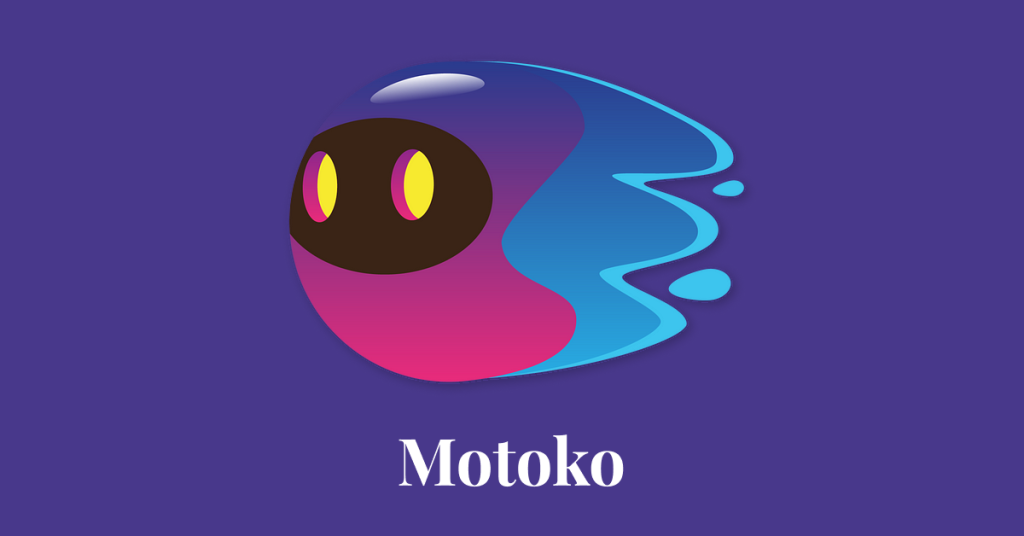
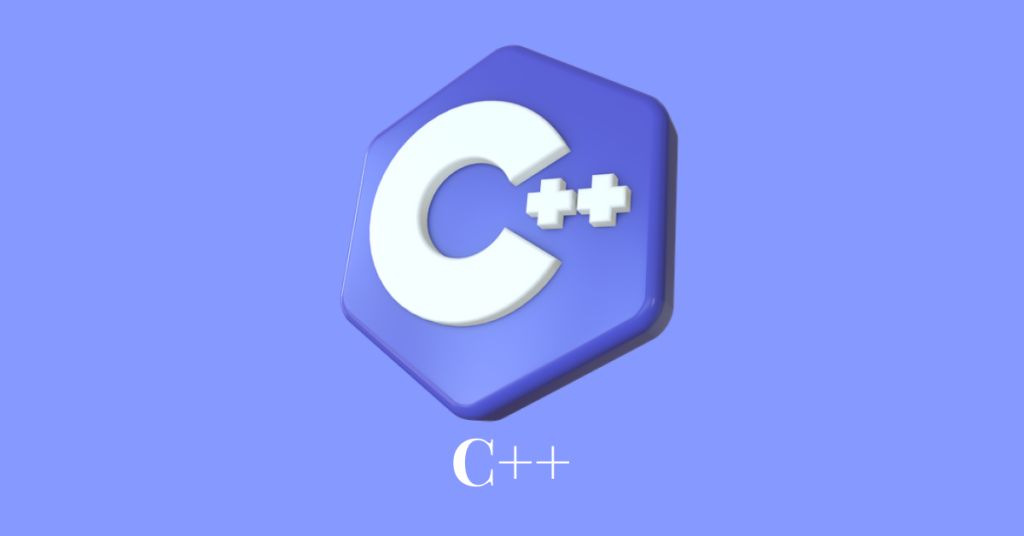
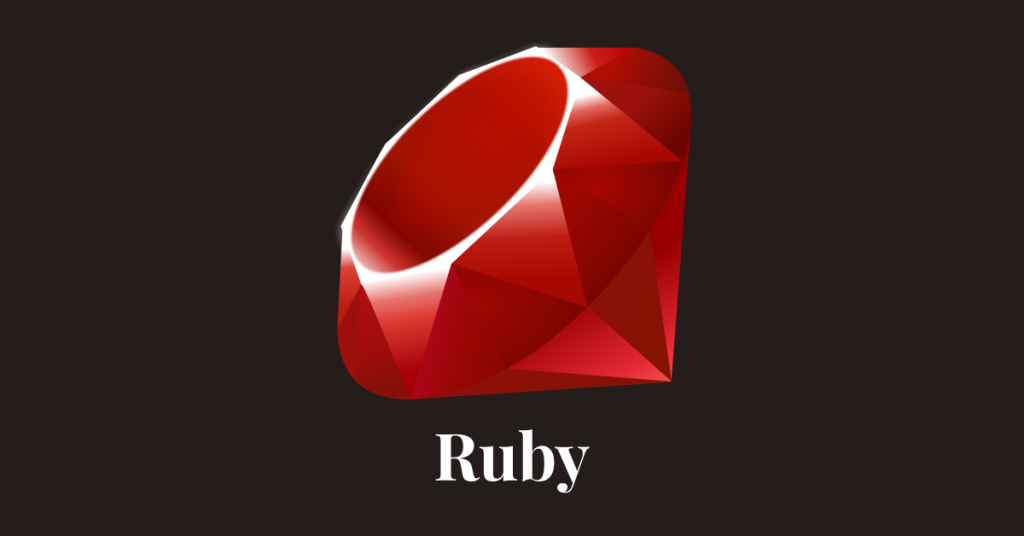
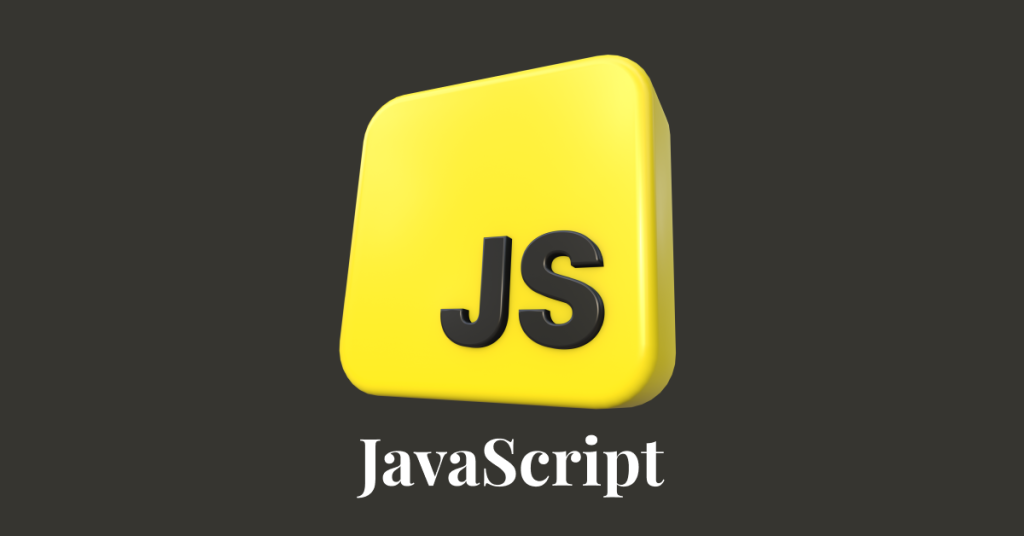

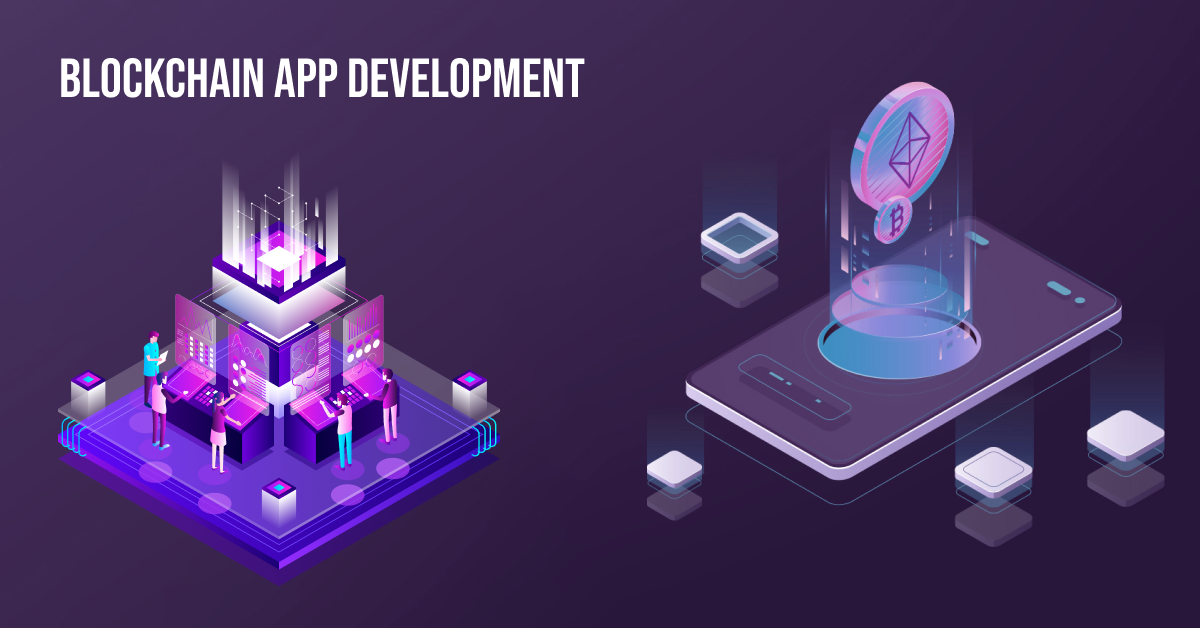

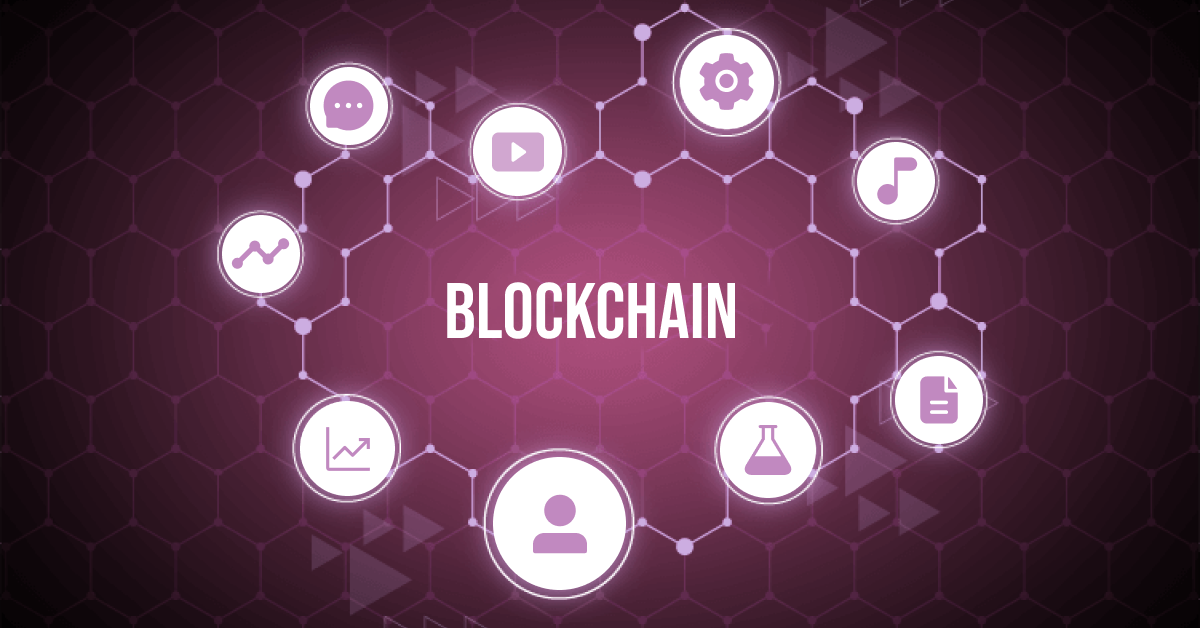
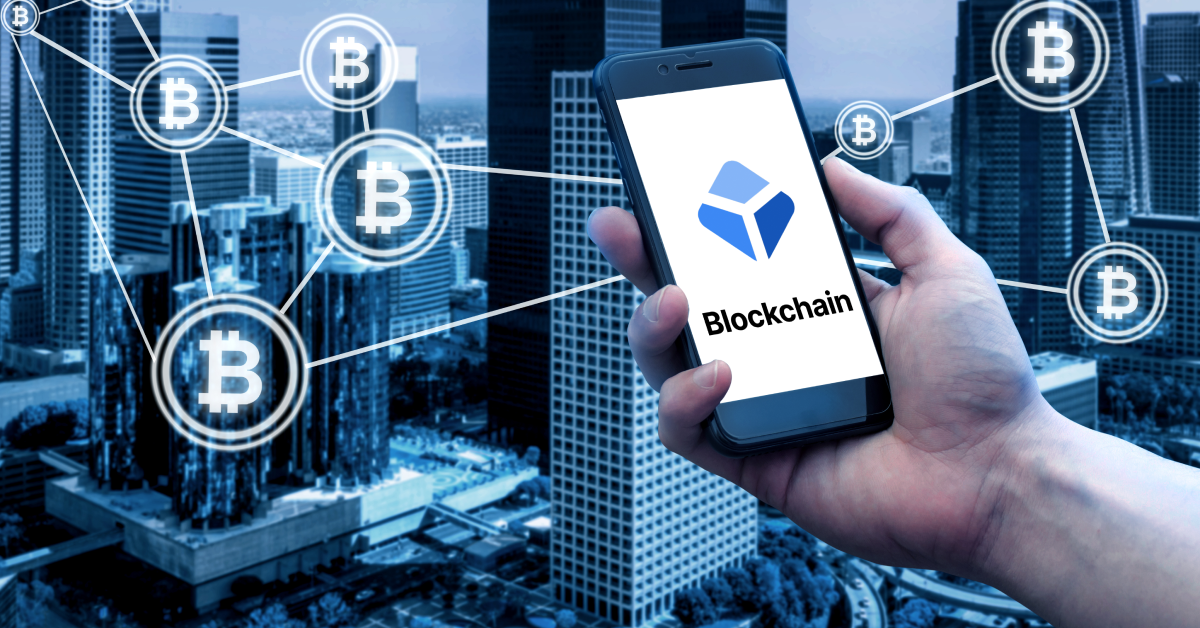
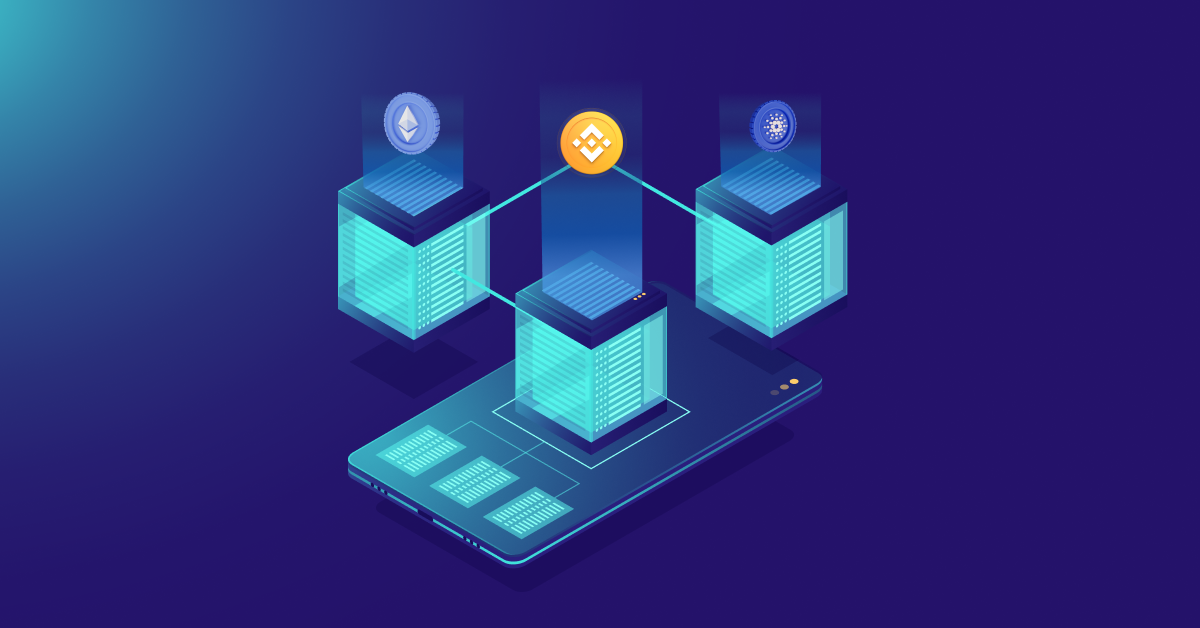
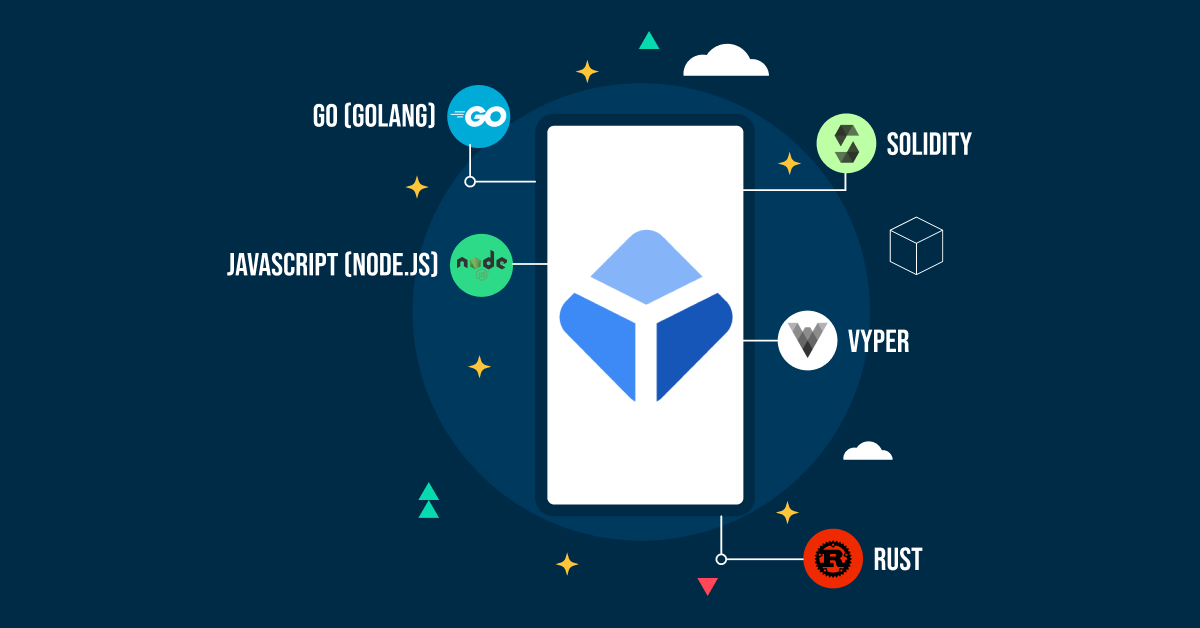

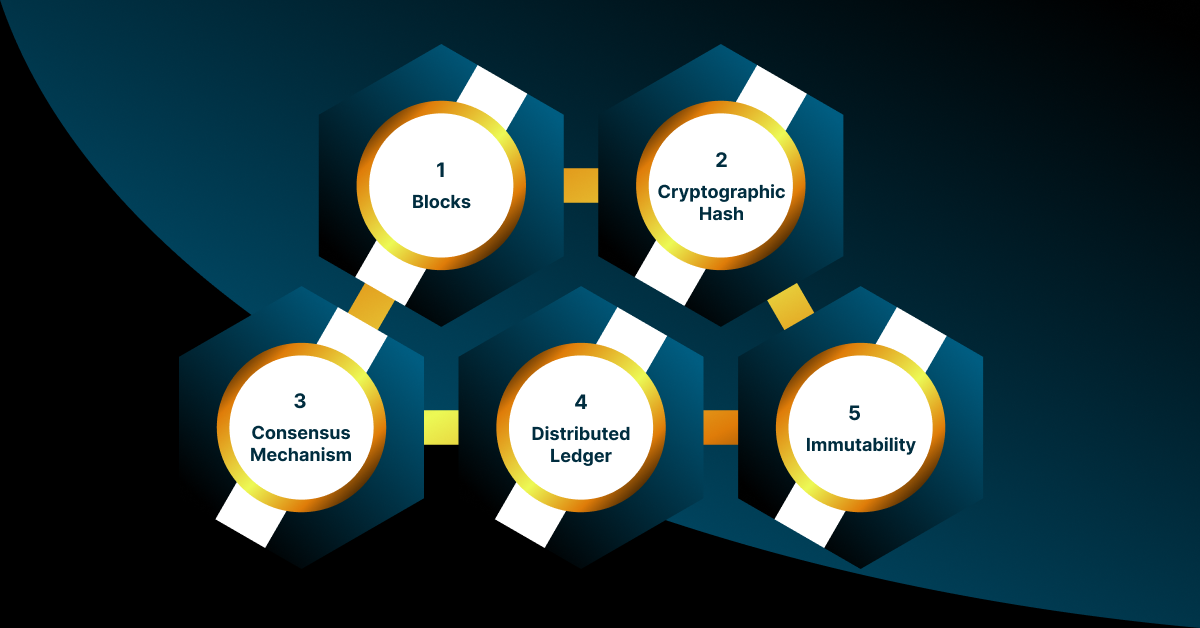 To understand how a blockchain works, it’s essential to grasp its key components and how they interact:
To understand how a blockchain works, it’s essential to grasp its key components and how they interact: